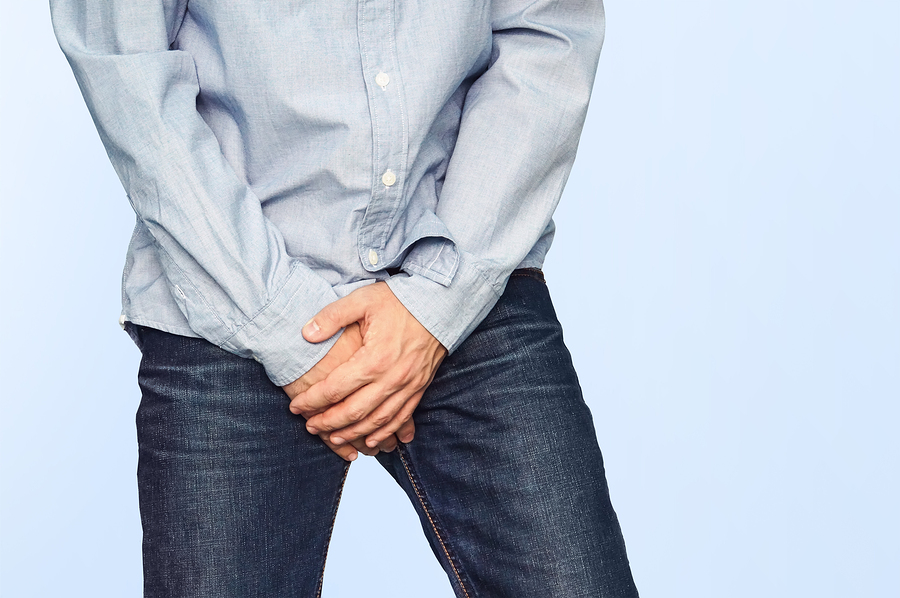Two scientists from Melbourne believe that the reason more boys are being born with genital defects and smaller and smaller penises is because of plastic; looking at animal and human data, the researchers say that rates of hypospadia, where the urethra- which is supposed to exit at the tip of the penis- is anywhere from the shaft to the scrotum causing a range of functionality problems including difficulty urinating, have doubled in Australia.
“Some plastics can release chemicals, known as endocrine disruptors, that can mimic human sex hormones. In animal studies, exposure when pregnant can have profound effects on an animal’s offspring, including infertility, undescended testes and hypospadia.”1
Although scientists still disagree about what plastics do to humans, we do know that exposure to these chemicals is the main reproductive issue of men.
RELATED STORY:
Associate Professor Andrew Pask, who leads a lab at Melbourne University researching male reproduction can point to several chemicals which have detrimental effects on humans: BPA, phthalates (both used in plastics), parabens (used in toothpaste and beauty products) and atrazine (herbicide). And he can also point to studies that show exposure to EDCs (endocrine-disrupting chemicals) that mimic the female sex hormone estrogen, can shorten penis length. (Although there is currently no population-level data to support this.)
- A 2007 study found the rate of severe hypospadia had almost doubled between 1980 and 2000 in Western Australia, with one in 118 male babies born with the birth defect.2
- A Victorian study from 1998 reported similar findings.3
- A small French study in 2015 found a “strong” link between exposure to endocrine-disrupting chemicals during pregnancy and hypospadia, as did another in Italy.4
- A review of studies around the world reported the data was too inconsistent to draw strong conclusions.5
According to Dr. Pask it’s remarkably easy to give a baby mouse hypospadia by simply infusing the pregnant mother’s drinking water with atrazine. And the damage only intensifies over subsequent generations, where it is “particularly acute” by the third generation. (Given that we’ve been exposed to plastic since the 1950’s and it’s only getting worse, it makes sense.)
RELATED STORY:
“Professor Peter Sly, director of the World Health Organisation Collaborating Centre for Children’s Health at the University of Queensland, believes “there is strong evidence exposure to the chemicals reduces sperm count and quality, and could possibly be reducing penis size.” A belief echoed by Associate Professor Frederic Leusch, a senior environmental scientist at Griffith University, “We have clear, indubitable, mechanistic-linked evidence from animals this can happen. Humans are animals. And we know these chemicals are in our bodies. So it’s absolutely possible…”6
RELATED STORY:
What do you think? How much plastic do you use? What changes, if any and even if only small, could you make to reduce your use of plastics?
XO- Erin












